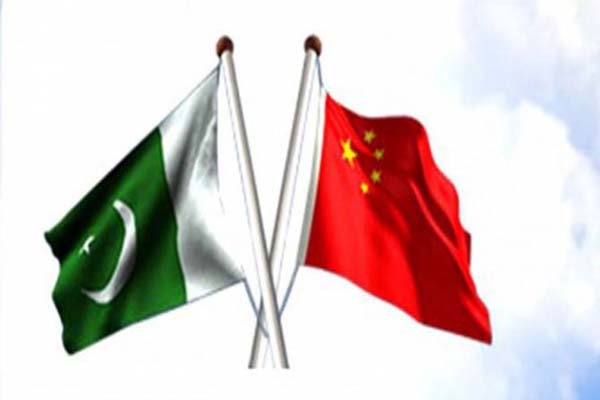Lahore: A study conducted by the Lahore School of Economics has revealed that due to lower tariffs on Chinese imports has affected productivity in sectors which are most vulnerable to it.
The analysis conducted on the Free Trade Agreement (FTA) between Pakistan and China disclosed it has affected greatly affected trade, and caused a change from higher to lower productivity in entities, which doesn’t bode well for the country’s growth strategy.
Due to lower Chinese tariff, Pakistani goods have been deprived of the higher Chinese market access which has affected productivity in those sectors. As a result, value-addition in these affected sectors has been minimal.
Those sectors which have been aided by lower Chinese tariffs, have seen their productivity rise alongside an increase in employment and total exports to China.
The researchers said that Pakistan needed to gain the same level of benefit for tariff concessions from China as obtained by other ASEAN nations. Equal access has to be given to Pakistani manufacturers by China for the low productivity sectors to convert into high productivity ones, which will allow them to export higher-value added goods to China, said the report.
The report scrutinized CPEC and concluded it had a major industrial cooperation element and it was important for Chinese incentives to offer utmost benefits to the Pakistani economy and its local stakeholders.
For ensuring this, local stakeholders need to be earmarked who can assist in maximizing benefits for local entities. Also, more joint-ventures need to be ensued between Pakistan and China which should include a stipulation for local partner involvement in every project and given a guaranteed amount of least financial share of those projects.
The study recommended that the government needs to identify which sectors can provide the maximum productivity and help in value-addition which henceforth would result in a rise in exports.




